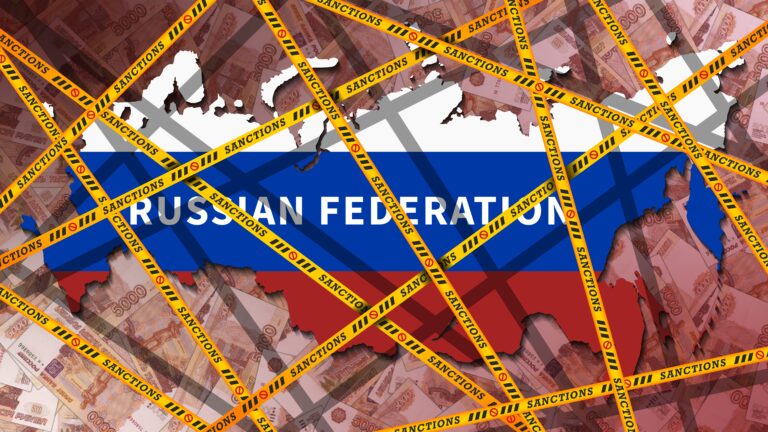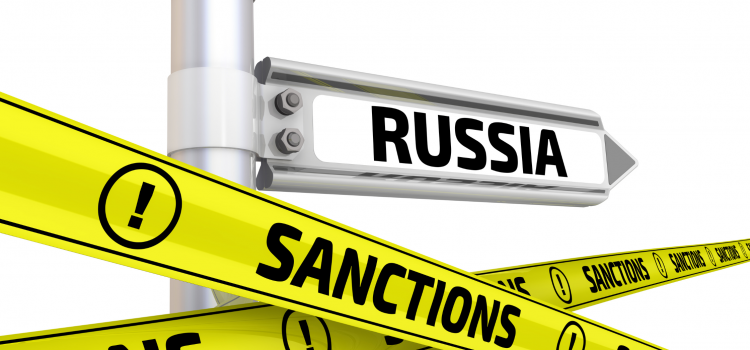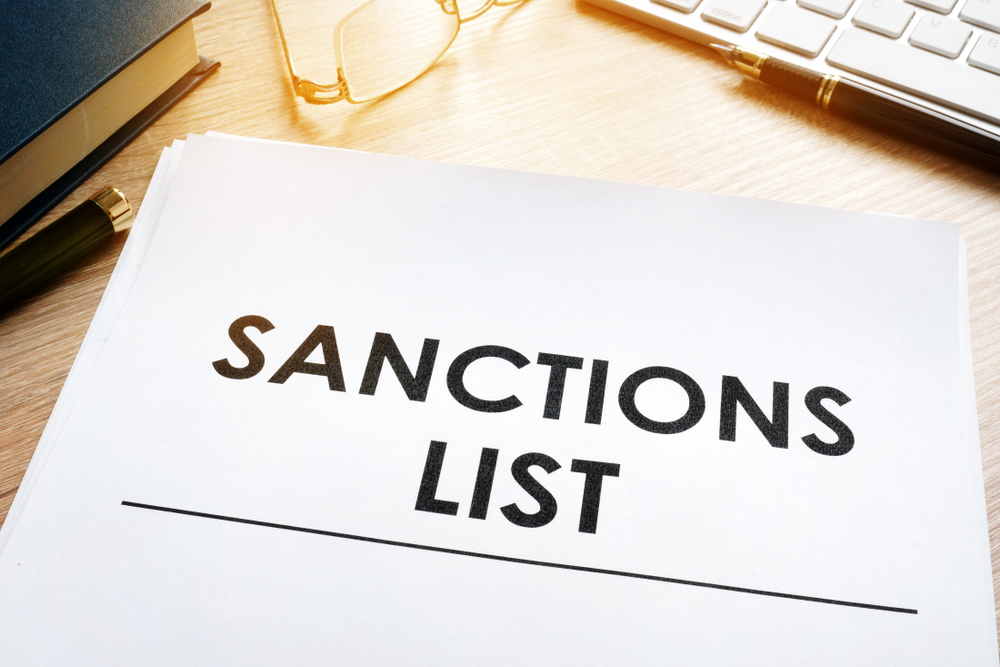Iranian and Russian based crypto addresses sanctioned by OFAC
A series of crypto wallet addresses including Bitcoin (BTC), Ethereum (ETH) and Tether (USDT) were added to the US SDN sanctions list by OFAC in September. The addresses belong to Iranian ransomware attackers and a neo-Nazi Russian paramilitary group Task Force Rusich. Task Force Rusich is known to be affiliated with The Wagner Group, which is also sanctioned by OFAC.
Sanctions teams should be wary about the potential for sanctioned entities to leverage the ability to move between crypto assets and blockchains in an attempt to obscure illicit activity.
Continue reading






